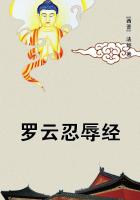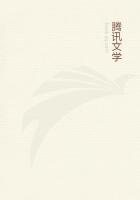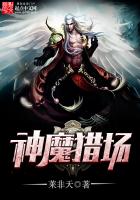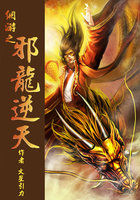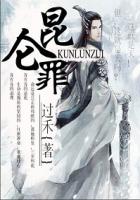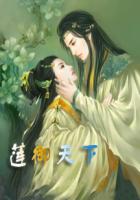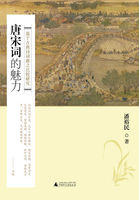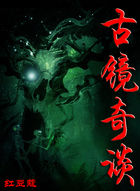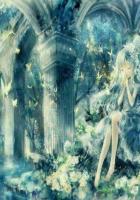But none of those early works, nor the delightful book on Edinburgh, prophesied of the story teller. Mr. Stevenson's first published tales, the "New Arabian Nights," originally appeared in a quaintly edited weekly paper, which nobody read, or nobody but the writers in its columns. They welcomed the strange romances with rejoicings:
but perhaps there was only one of them who foresaw that Mr.
Stevenson's forte was to be fiction, not essay writing; that he was to appeal with success to the large public, and not to the tiny circle who surround the essayist. It did not seem likely that our incalculable public would make themselves at home in those fantastic purlieus which Mr. Stevenson's fancy discovered near the Strand.
The impossible Young Man with the Cream Tarts, the ghastly revels of the Suicide Club, the Oriental caprices of the Hansom Cabs--who could foresee that the public would taste them! It is true that Mr.
Stevenson's imagination made the President of the Club, and the cowardly member, Mr. Malthus, as real as they were terrible. His romance always goes hand in hand with reality; and Mr. Malthus is as much an actual man of skin and bone, as Silas Lapham is a man of flesh and blood. The world saw this, and applauded the "Noctes of Prince Floristan," in a fairy London.
Yet, excellent and unique as these things were, Mr. Stevenson had not yet "found himself." It would be more true to say that he had only discovered outlying skirts of his dominions. Has he ever hit on the road to the capital yet? and will he ever enter it laurelled, and in triumph? That is precisely what one may doubt, not as without hope. He is always making discoveries in his realm; it is less certain that he will enter its chief city in state. His next work was rather in the nature of annexation and invasion than a settling of his own realms. "Prince Otto" is not, to my mind, a ruler in his proper soil. The provinces of George Sand and of Mr.
George Meredith have been taken captive. "Prince Otto" is fantastic indeed, but neither the fantasy nor the style is quite Mr.
Stevenson's. There are excellent passages, and the Scotch soldier of fortune is welcome, and the ladies abound in subtlety and wit.
But the book, at least to myself, seems an extremely elaborate and skilful pastiche. I cannot believe in the persons. I vaguely smell a moral allegory (as in "Will of the Mill"). I do not clearly understand what it is all about. The scene is fairyland; but it is not the fairyland of Perrault. The ladies are beautiful and witty;but they are escaped from a novel of Mr. Meredith's, and have no business here. The book is no more Mr. Stevenson's than "The Tale of Two Cities" was Mr. Dickens's.
It was probably by way of mere diversion and child's play that Mr.
Stevenson began "Treasure Island." He is an amateur of boyish pleasures of masterpieces at a penny plain and twopence coloured.
Probably he had looked at the stories of adventure in penny papers which only boys read, and he determined sportively to compete with their unknown authors. "Treasure Island" came out in such a periodical, with the emphatic woodcuts which adorn them. It is said that the puerile public was not greatly stirred. A story is a story, and they rather preferred the regular purveyors. The very faint archaism of the style may have alienated them. But, when "Treasure Island" appeared as a real book, then every one who had a smack of youth left was a boy again for some happy hours. Mr.
Stevenson had entered into another province of his realm: the king had come to his own again.
They say the seamanship is inaccurate; I care no more than I do for the year 30. They say too many people are killed. They all died in fair fight, except a victim of John Silver's. The conclusion is a little too like part of Poe's most celebrated tale, but nobody has bellowed "Plagiarist!" Some people may not look over a fence: Mr.
Stevenson, if he liked, might steal a horse,--the animal in this case is only a skeleton. A very sober student might add that the hero is impossibly clever; but, then, the hero is a boy, and this is a boy's book. For the rest, the characters live. Only genius could have invented John Silver, that terribly smooth-spoken mariner.
Nothing but genius could have drawn that simple yokel on the island, with his craving for cheese as a Christian dainty. The blustering Billy Bones is a little masterpiece: the blind Pew, with his tapping stick (there are three such blind tappers in Mr. Stevenson's books), strikes terror into the boldest. Then, the treasure is thoroughly satisfactory in kind, and there is plenty of it. The landscape, as in the feverish, fog-smothered flat, is gallantly painted. And there are no interfering petticoats in the story.
As for the "Black Arrow," I confess to sharing the disabilities of the "Critic on the Hearth," to whom it is dedicated. "Kidnapped" is less a story than a fragment; but it is a noble fragment. Setting aside the wicked old uncle, who in his later behaviour is of the house of Ralph Nickleby, "Kidnapped" is all excellent--perhaps Mr.
Stevenson's masterpiece. Perhaps, too, only a Scotchman knows how good it is, and only a Lowland Scot knows how admirable a character is the dour, brave, conceited David Balfour. It is like being in Scotland again to come on "the green drive-road running wide through the heather," where David "took his last look of Kirk Essendean, the trees about the manse, and the big rowans in the kirkyard, where his father and mother lay." Perfectly Scotch, too, is the mouldering, empty house of the Miser, with the stamped leather on the walls.

